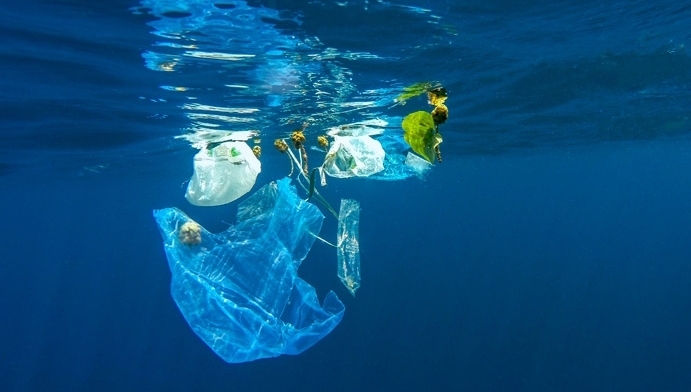Environment ministers representing the G20 block of nations have agreed to a new framework tackling ocean plastic waste.

Ocean waste is being tackled on both an international and national level, both through national policies and voluntary agreements
The move, which was made during a meeting of environment and energy ministers from the 20 nations in Japan this week, follows the action plan on marine litter in 2017 which was signed off at the Hamburg Summit.
The new framework will see member states promote a lifecycle approach to prevent and reduce plastic waste entering oceans, using international co-operation through the sharing of best practice, innovation and scientific monitoring of waste.
Speaking at a news briefing following the summit, Japan’s environment minister Yoshiaki Harada said: “I’m glad that we, including emerging countries and developing countries, were able to form a broad international framework.”
Greenpeace Japan described the deal as a “first step” to resolving the issue.
But Hiroaki Odachi from the campaign group also warned: “Given the critical situation of ocean pollution with plastics, it is urgently necessary to set up legally binding action plans with clear timelines and goals.”
Japan plans to host a follow-up meeting to review the efforts at the G20 Resource Efficiency Dialogue this autumn. The G20 collectively account for around 85% of global GDP.
EU ban
The news follows the now infamous fact that there will be more plastic waste than fish in the oceans by 2050 unless radical action is taken.
The EU has already taken action on the issue, signing off on a deal for member states to ban single-use plastic plates, cutlery, expanded polystyrene food containers, beverage cups, balloon sticks, straws and cotton bud sticks in March It also committed to a 30% recycled content for plastic bottles by 2030 – and recycling 77% of all plastic bottles by 2025 and 90% by the end of the decade.
Environment secretary Michael Gove is also keen to ban single-use plastics, and proposals have been put out to consultation to deliver such a move.
Estimates by the UK government claim more than 150 million tonnes of plastic waste end up in the ocean each year. The impact on wildlife is significant with approximately 1 million birds and more than 100,000 sea mammals dying each year from either eating plastic waste or becoming entangled in it.
James Evison
